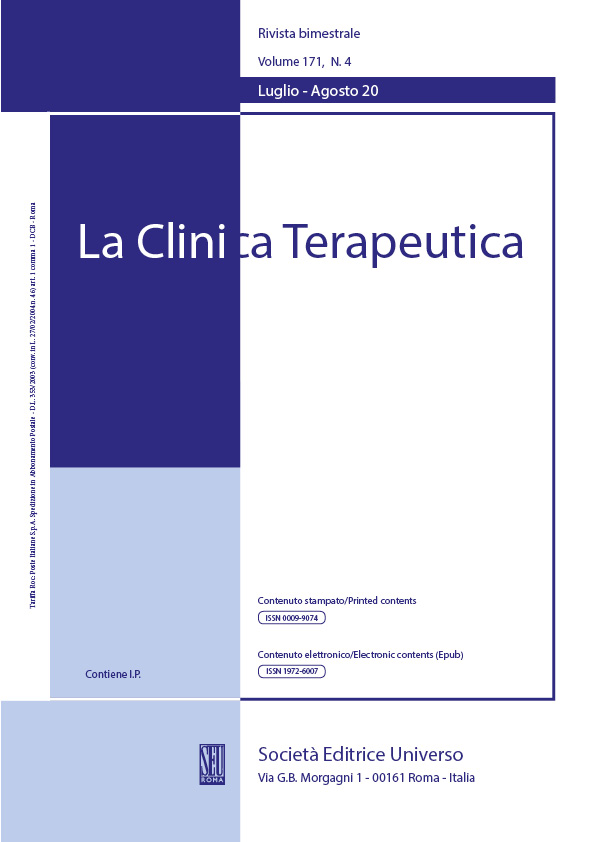Abstract
Background
Alzheimer’s disease is the most widespread senile dementia in the world and diagnoses are on the rise due to the aging of the world’s population and this is causing a significant increase in health spending on the care of the disease. Current studies highlight the need for rapid diagnosis in order to prevent the therapeutic approach from being ineffective, and a comprehensive management of the disease, both with pharmacological and integrative therapies (safety of the environment, music therapy, diet, physical activity, recreational activities, etc.). Regarding the care provided by caregivers, the need to educate these figures is fundamental, to support them economically and psycho-socially (especially during the most difficult stages of the disease) and to provide them with technical skills to effectively and safely address the patient’s care.
Objectives
Aim of this study was to investigate the current evidence from scientific literature about the early stage of Alzheimer’s disease in order to educate and support caregivers with specific technical and practical skills.
Materials and Methods
A systematic review of the scientific literature of the last 10 years, has been conducted in September 2019 through Medline (PubMed), Scopus and Cinahl databases, in accordance with the criteria of PRISMA Statement guideline (Preferred Reporting Items for Systematic reviews and Meta-Analyses). The included studies were related to Alzheimer’s disease and patients’ management.
Results
Thirty-six articles met the inclusion criteria but only for 26 of these it was possible to retrieve and access the full text.
Conclusions
The evidences from this study provide information on how to effectively address Alzheimer’s disease. The studies address different aspects of the disease, with different methodologies, thus providing heterogeneous evidence. Future studies with reproducible methodologies should be undertaken in order to achieve robustness in results.
